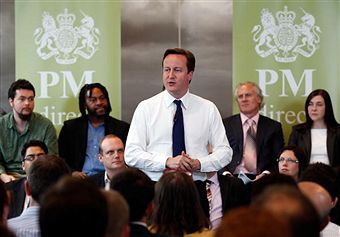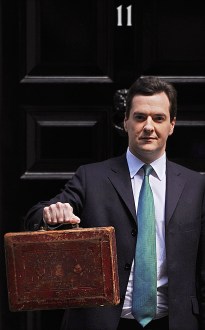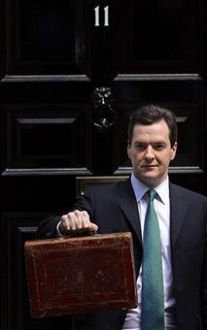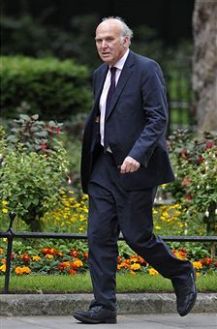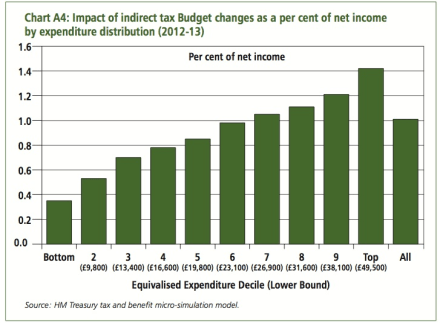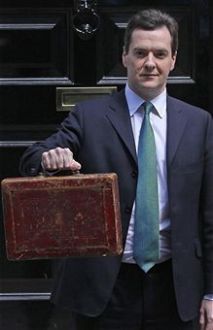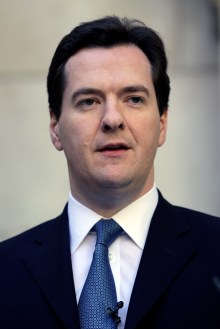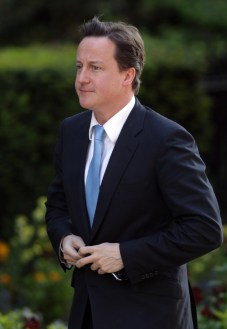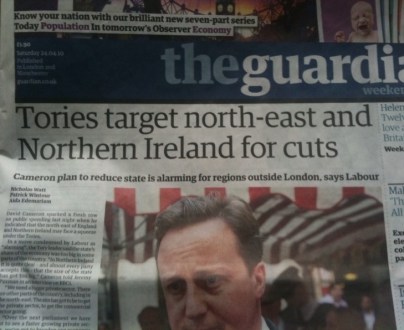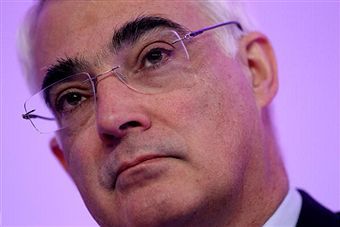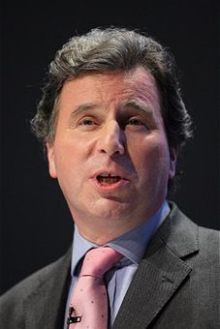Cowboy clampers are just the tip of the iceberg
It looks like the wheel-clampers are in retreat after Haroon Zafaryab’s heroics the other day and Lynne Featherstone’s subsequent “ban on clamping and towing on private land“. And as they leave the field, it’s worth returning to a piece that Ross Clark wrote for The Spectator last year in which he tied the cowboy clampers in with a wider malaise: the last government’s “blind spot” for business, such that “it simply cannot distinguish between where business ends and racketeering begins”. Here’s the full article for the benefit of CoffeeHousers: We have become a nation of shysters, Ross Clark, The Spectator, 17 October 2009 Power cuts and uncollected rubbish form most





